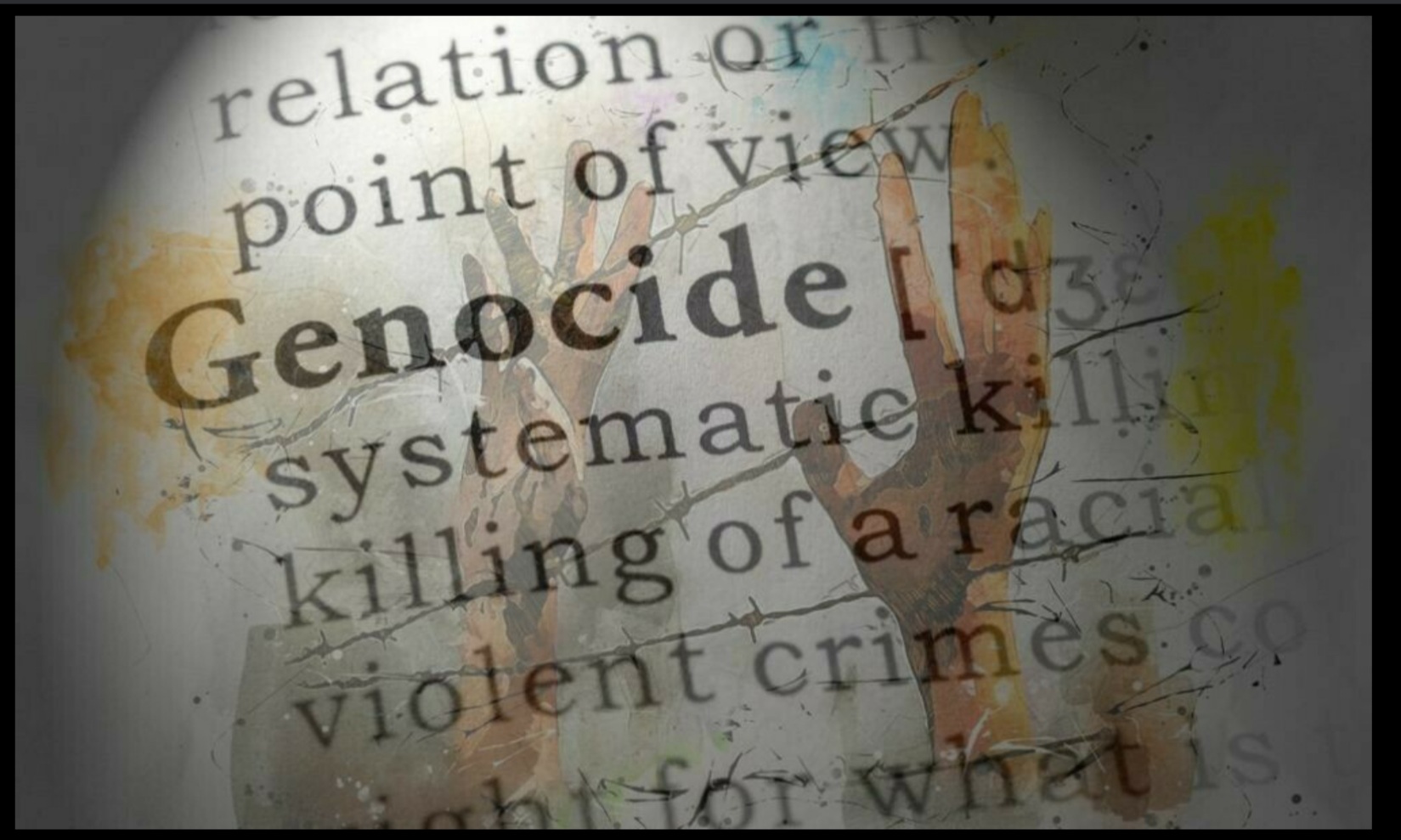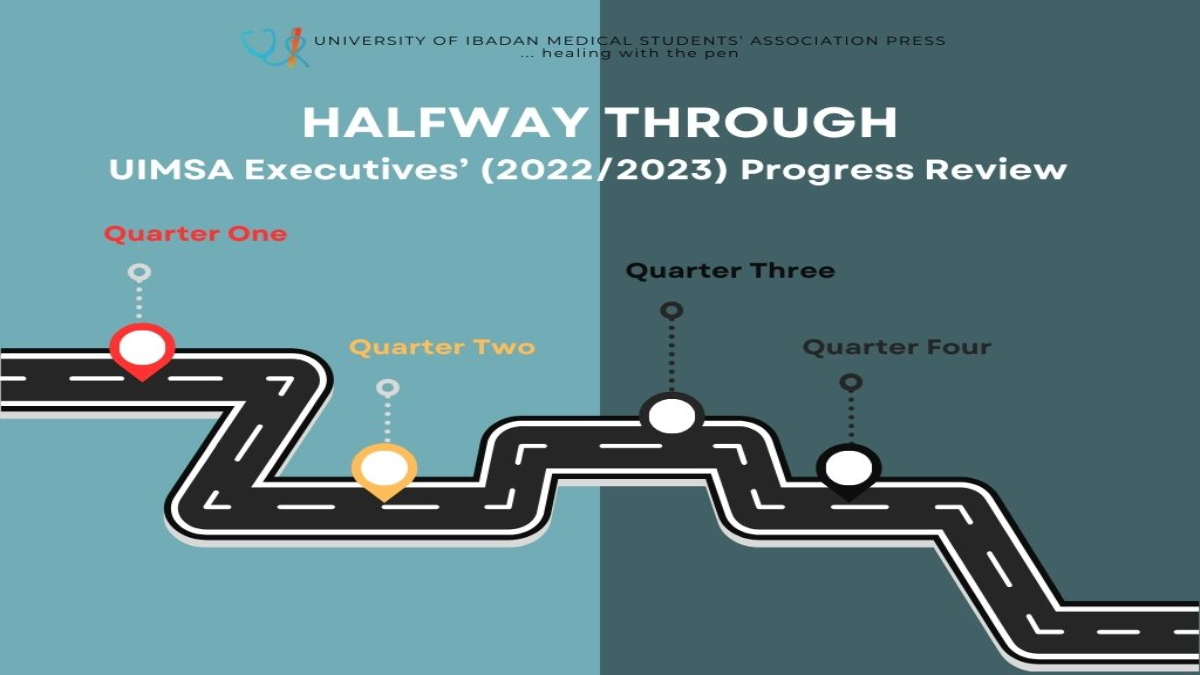Israel In Gaza: Is it a Genocide or not? (1)

Despite UN experts warning that Gaza is “running out of time,” a debate still stands as to whether Israel’s military actions can be called a genocide.
The 1948 U.N. Convention on the Prevention and Punishment of the Crime of Genocide defines genocide as “any of the following acts committed with intent to destroy, in whole or in part, a national, ethnical, racial or religious group, as such.” The acts include “killing members of the group, causing serious bodily or mental harm to members of the group, deliberately inflicting on the group conditions of life calculated to bring about its physical destruction in whole or in part, imposing measures intended to prevent births within the group, and/or forcibly transferring children of the group to another group.”
Save for the Holocaust which occurred before the Convention, only 3 events in history have been officially recognized under this definition: 1970’s genocide against Cham Muslim and ethnic Vietnamese; the 1994 Rwandan genocide; and the 1995 Srebrenica Massacre in Bosnia. The mass killings of the Yazidis by ISIS and of the Rohingya in Myanmar were recognized by the whole UN, but the killings of black africans in the sudanese region of Darfur between 2003 and 2005 was ruled by their investigation as not a genocide, contrary to the stance of the United States.
The Israel-Palestine conflict becomes one of the many cases to add to the list as experts are hesitant to apply the term as understood by international law. There is said to be no clear evidence verified by a 3rd party investigation and Israel leaders claim their only intent is to eliminate Hamas who they claim is to blame for deaths of the civilians by hiding amidst them.
In line with the definition of the term, experts say it is difficult to prove the genocidal intent. “One has to prove that the perpetrator not only committed the actions, but they committed the actions with a very specific intention of destroying the group,” says Ernesto Verdeja, a professor at the University of Notre Dame who specializes in genocide. “That can be a high bar because very often people contribute to genocidal policies, even if that’s not their direct intention.”
It is claimed that the “retaliatory” attacks despite causing numerous deaths do not meet a certain threshold which is legally backed up. This threshold remains undefined with those opposing its reality questioning whether it will only be met when death tolls rise to historic figures.
It is to be noted, however, that just as the intent of Israel to commit genocide cannot be proved, the intent of Hamas’s October 7 attack cannot be proved either. This leaves experts and International organisations simply judging the actions of both parties, by legal terms, recognizing their war crimes.
Eitay Mack, a human rights lawyer based in Jerusalem, writes that the accusation of genocide is “a false claim not founded in international law” and one that “will not be useful for ending the war or promoting the freedom of the people in Gaza.”
This begs the question as to whether only the legal meaning of the term is to be considered. As much as it should be, given it is a political and legal battle, opposers of Israel’s actions can but attempt to see the situation through the lens of the law.
– Rodiyah Khidir




